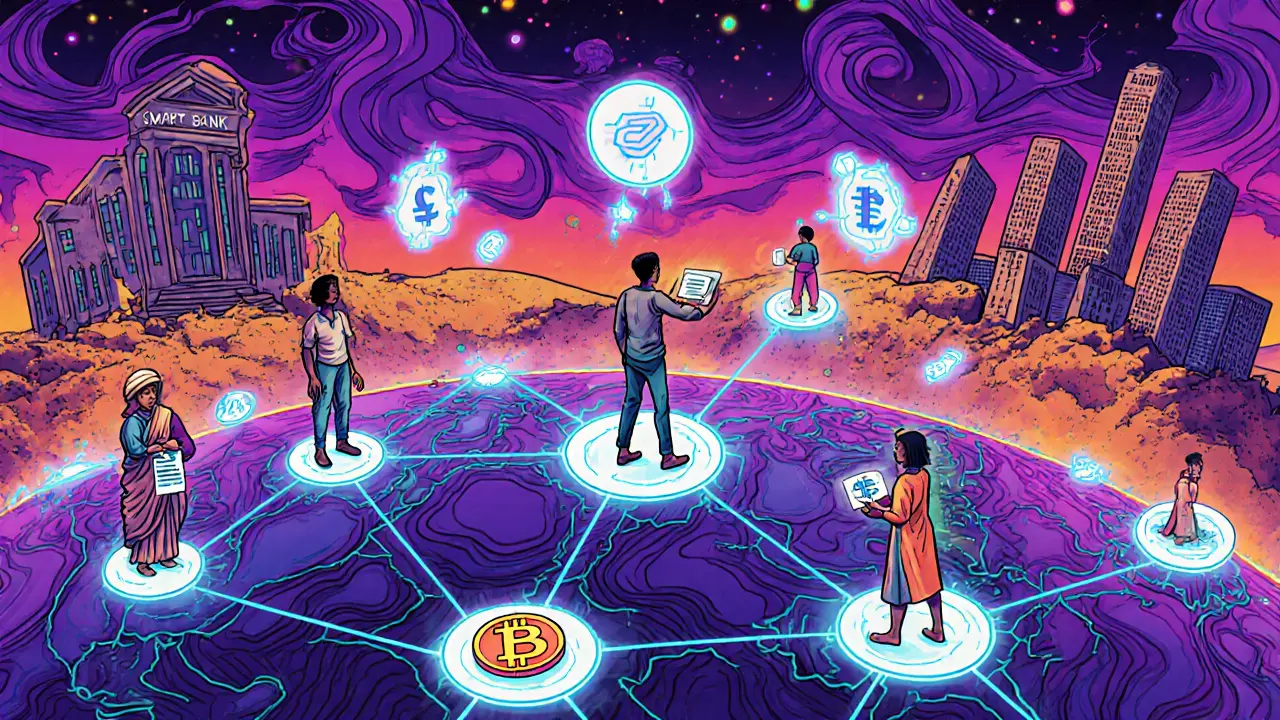Traditional Finance: The Old System Under Pressure
When you think of traditional finance, the system of banks, central banks, and government-regulated markets that has handled money for centuries. Also known as FiFi, it’s the backbone of paychecks, mortgages, and stock trading—but it’s not invincible. Every day, people are moving money outside this system, using crypto wallets instead of bank accounts, swapping tokens instead of waiting for wire transfers, and earning interest from DeFi protocols instead of savings accounts that pay 0.1%.
What’s driving this shift? blockchain, a public, tamper-proof ledger that doesn’t need a central authority to verify transactions lets anyone send value globally in minutes, not days. DeFi, a collection of open financial apps built on blockchain that replace banks with code lets you lend, borrow, and trade without a middleman. And regulatory compliance, the rules governments force crypto businesses to follow to prevent fraud and money laundering is catching up fast—Australia now requires licenses, Nigeria demands VASP registrations, and the EU’s MiCA law is forcing exchanges to prove they’re safe.
Traditional finance isn’t disappearing. But it’s losing control. Countries like Algeria ban crypto outright, while Qatar allows only tokenized real estate. Meanwhile, exchanges like BUX and Coinext are trying to blend old and new—offering zero fees but locking you into their own tokens. Others, like BitWell and SIGEN.PRO, vanished overnight, proving that even crypto platforms can be scams if they lack oversight. The truth? You don’t have to choose between old and new. You just need to know what’s real, what’s risky, and where your money is actually going.
Below, you’ll find real reviews, deep dives, and warnings about the tools, tokens, and rules shaping this transition. No fluff. No hype. Just what’s working, what’s broken, and what you should avoid in 2025.
How DeFi is Disrupting Traditional Finance
DeFi is changing finance by removing banks, cutting fees, and giving global access to lending, trading, and savings-all through blockchain and smart contracts. Here’s how it’s disrupting traditional finance and who’s really benefiting.
